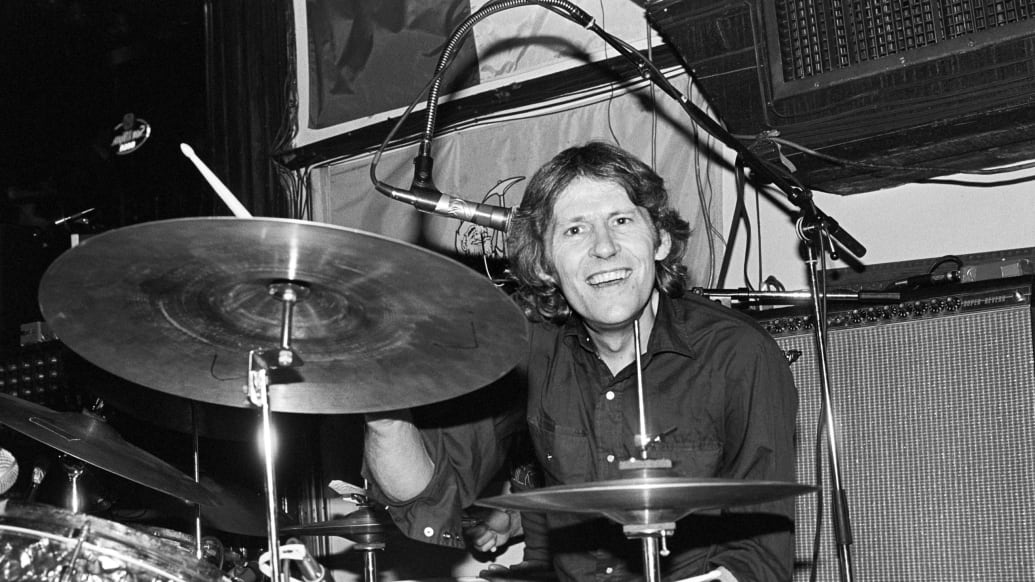Levon Helm
Levon Helm

Mark Lavon "Levon" Helm was a renowned American musician, best known as the drummer and one of the lead vocalists for The Band. Born on May 26, 1940, Helm's contributions to The Band's sound were notable for his deeply soulful voice, country-inspired accent, and innovative drumming style. He played a pivotal role in many of The Band's iconic recordings, including "The Weight," "Up on Cripple Creek," and "The Night They Drove Old Dixie Down." In recognition of his influence and achievements, Helm was inducted into the Rock and Roll Hall of Fame in 1994.
Beyond his musical endeavors, Helm also enjoyed success as a film actor. He appeared in notable films such as "Coal Miner's Daughter" (1980), portraying Loretta Lynn's father, "The Right Stuff" (1983), playing Chuck Yeager's friend Captain Jack Ridley, "Shooter" (2007), where he portrayed a Tennessee firearms expert, and "In the Electric Mist" (2009), portraying General John Bell Hood.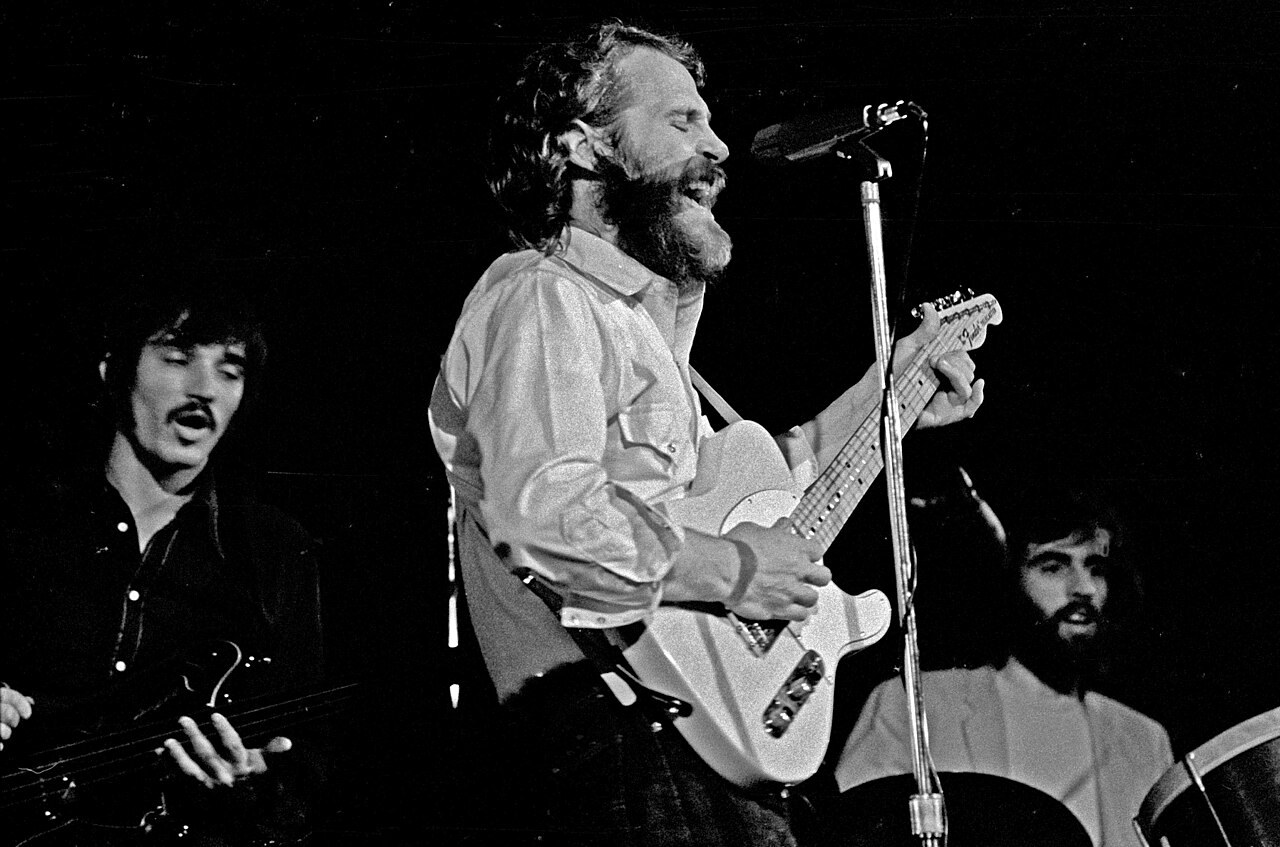
In 1998, Helm faced a significant challenge when he was diagnosed with throat cancer, leading to the loss of his singing voice. Despite this setback, Helm underwent treatment, eventually achieving remission from cancer and gradually regaining his ability to sing. His comeback album "Dirt Farmer" (2007) earned him the Grammy Award for Best Traditional Folk Album in 2008. Helm's remarkable musical talent was recognized by Rolling Stone magazine, which ranked him at No. 91 on its list of 100 Greatest Singers of All Time in 2007 and at No. 22 on its list of 100 Greatest Drummers of All Time in 2016.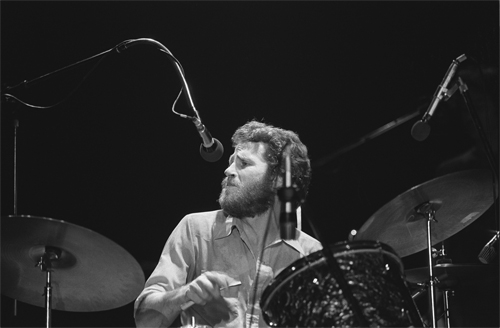
Throughout his career, Levon Helm's musical legacy left an indelible mark on the world of music, inspiring generations of musicians and earning him a place among the most respected figures in rock and Americana music history.

Mark Lavon Helm, known as Levon Helm, was born in Elaine, Arkansas, and raised in Turkey Scratch, a small area near Marvell, Arkansas. His parents, Nell and Diamond Helm, were cotton farmers who instilled in their children a love for music from an early age. Helm's exposure to various musical styles in Arkansas, including Delta blues, electric blues, country, and rhythm and blues, deeply influenced his musical development.
At the age of six, Helm attended a performance by Bill Monroe and His Blue Grass Boys, which sparked his passion for music. He began playing the guitar at eight years old and also learned to play the drums. Growing up in Arkansas exposed Helm to diverse musical influences, from the traditional sounds of the Delta blues to the emerging genres of rhythm and blues and rock and roll.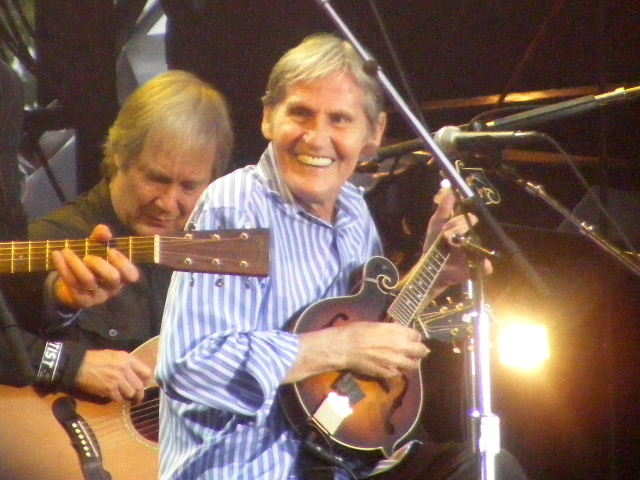
One of Helm's early influences was Sonny Boy Williamson II, who played electric blues and rhythm and blues on the King Biscuit Time radio show. Helm was captivated by Williamson's drummer, James "Peck" Curtis, and began to imitate his R&B drumming style. During his high school years, Helm formed his first band, the Jungle Bush Beaters, reflecting his early passion for music and performance.
Helm had the opportunity to witness performances by legendary artists such as Elvis Presley, Conway Twitty, Bo Diddley, and Ronnie Hawkins, who would later become a significant figure in his musical career. At the age of 17, Helm began performing in clubs and bars around Helena, Arkansas, honing his skills as a musician and establishing himself within the local music scene.

While still in high school, Levon Helm received an invitation to join Ronnie Hawkins' band, the Hawks, which was known for its success in the South and Canada's rockabilly scene. Despite his mother's insistence that he complete high school before touring with Hawkins, Helm played with the Hawks locally on weekends. Upon graduating in 1958, Helm became a full-time member of the Hawks and relocated to Toronto with the band, where they signed with Roulette Records in 1959.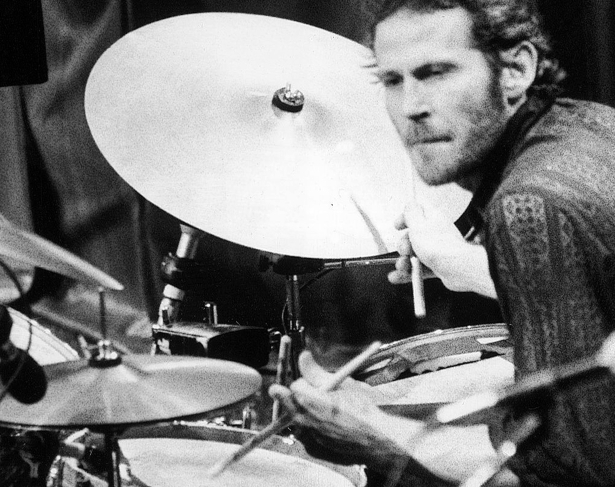
During his time with the Hawks, Helm's bandmates found it challenging to pronounce his given name, "Lavon," and began calling him "Levon," a name that stuck. In 1961, Helm and bassist Rick Danko backed jazz guitarist Lenny Breau on several tracks recorded in Toronto, which were later released as The Hallmark Sessions in 2003.
By the early 1960s, Helm and Hawkins had assembled an all-Canadian lineup of musicians, including Robbie Robertson, Rick Danko, Richard Manuel, and Garth Hudson. The band transitioned from backing Hawkins to performing as Levon and the Hawks and later as the Canadian Squires. They toured extensively as a popular bar band in various regions of North America.
In the mid-1960s, Bob Dylan enlisted the Hawks as his backing band for his transition to electric rock music. Despite initial challenges with audience reception, Helm left the group in 1965 due to disheartening reactions from fans. He took a two-year hiatus, spending time with family in Arkansas and exploring musical endeavors in Los Angeles, Memphis, and New Orleans.
Helm rejoined the group in 1967, and they followed Dylan to Woodstock, New York, where they recorded numerous demos and practice tapes, known as The Basement Tapes. These recordings played a significant role in shaping the band's musical direction and style. The Hawks began writing their own songs during this period, collaborating with Dylan on some tracks and further solidifying their musical identity.

After the breakup of the Band's original lineup, Levon Helm embarked on various musical and acting projects. In 1977, he worked on a solo-ensemble album titled Levon Helm & the RCO All-Stars, featuring renowned musicians such as Dr. John, Paul Butterfield, and Steve Cropper. The album was followed by Live at The Palladium NYC, New Year's Eve 1977. Helm also released solo albums like Levon Helm (1978), American Son (1980), and Levon Helm (1982). Additionally, he participated in Paul Kennerley's 1980 concept album, The Legend of Jesse James.
Helm's talent extended beyond music, as he ventured into acting. He portrayed Loretta Lynn's father in Coal Miner's Daughter (1980) and U.S. Air Force test pilot Capt. Jack Ridley in The Right Stuff (1983), where he also served as the film's narrator. He had roles in films like End of the Line (1987), Fire Down Below, The Three Burials of Melquiades Estrada (2005), and In the Electric Mist (2009). Additionally, he made a cameo appearance in Shooter (2007).
In 1983, the Band reunited without Robbie Robertson and continued with a revised lineup, releasing albums like Jericho (1993) and High on the Hog (1996). The Band's final album, Jubilation, was released in 1998. Helm and Rick Danko toured with Ringo Starr as part of his All-Starr Band in 1989.
In 1990, Helm performed with Danko and Hudson as the Band at Roger Waters's The Wall – Live in Berlin Concert in Germany. The Band was inducted into the Juno Awards' Hall of Fame in 1989, with Helm offering thanks via a taped segment. Helm published his autobiography, This Wheel's on Fire: Levon Helm and the Story of the Band, in 1993, providing insights into his life and career.

References
- "Levon Helm Dies at 71". Poughkeepsie Journal.com. Archived from the original on October 2, 2013. Retrieved April 19, 2012.
- ^ "100 Greatest Singers: Levon Helm". Rolling Stone. Archived from the original on January 4, 2011. Retrieved December 5, 2012.
- ^ "Woodstock residents Levon Helm, Steve Earle win Grammys". dailyfreeman.com. Archived from the original on February 20, 2012. Retrieved October 18, 2011.
- a b "Best Americana Album". Grammy.com. Archived from the original on December 3, 2011. Retrieved December 9, 2011.
- ^ "100 Greatest Drummers: Levon Helm". Rolling Stone. March 31, 2016.
- ^ "Levon Helm Biography". Archived from the original on May 9, 2012. Retrieved April 20, 2012.
- a b c Bowden, Bill. "Helming A Memorial: Musician's fans hope for statue, restored boyhood home in Marvell." The Free Weekly, August 3, 2017. 2.

